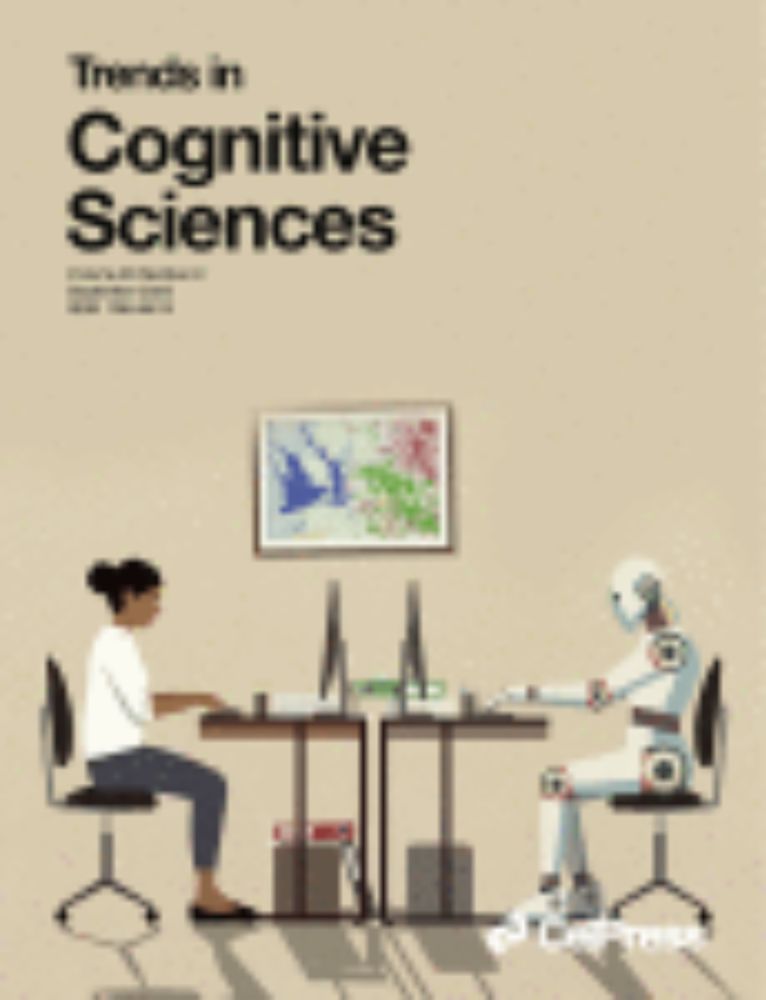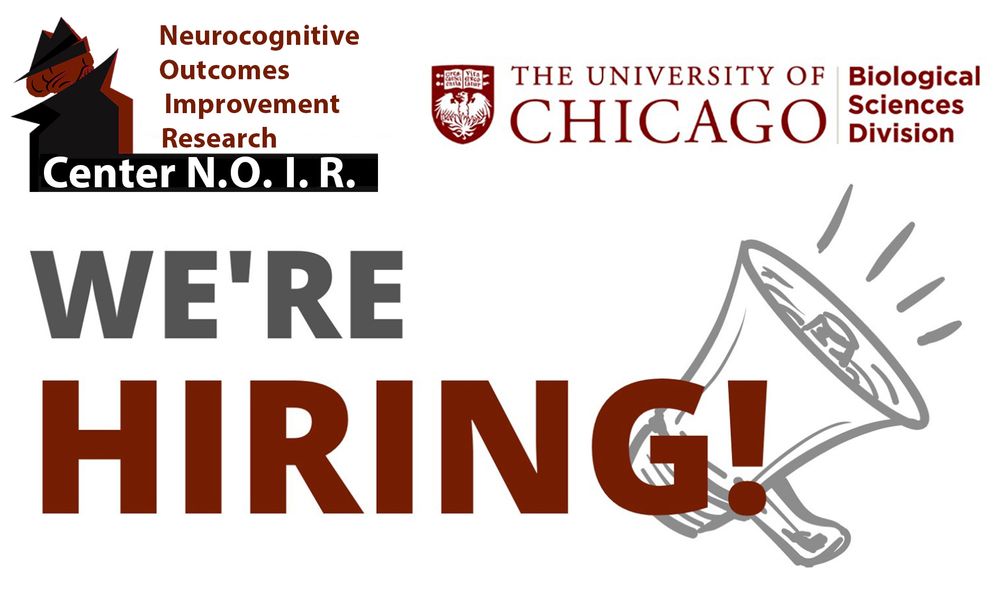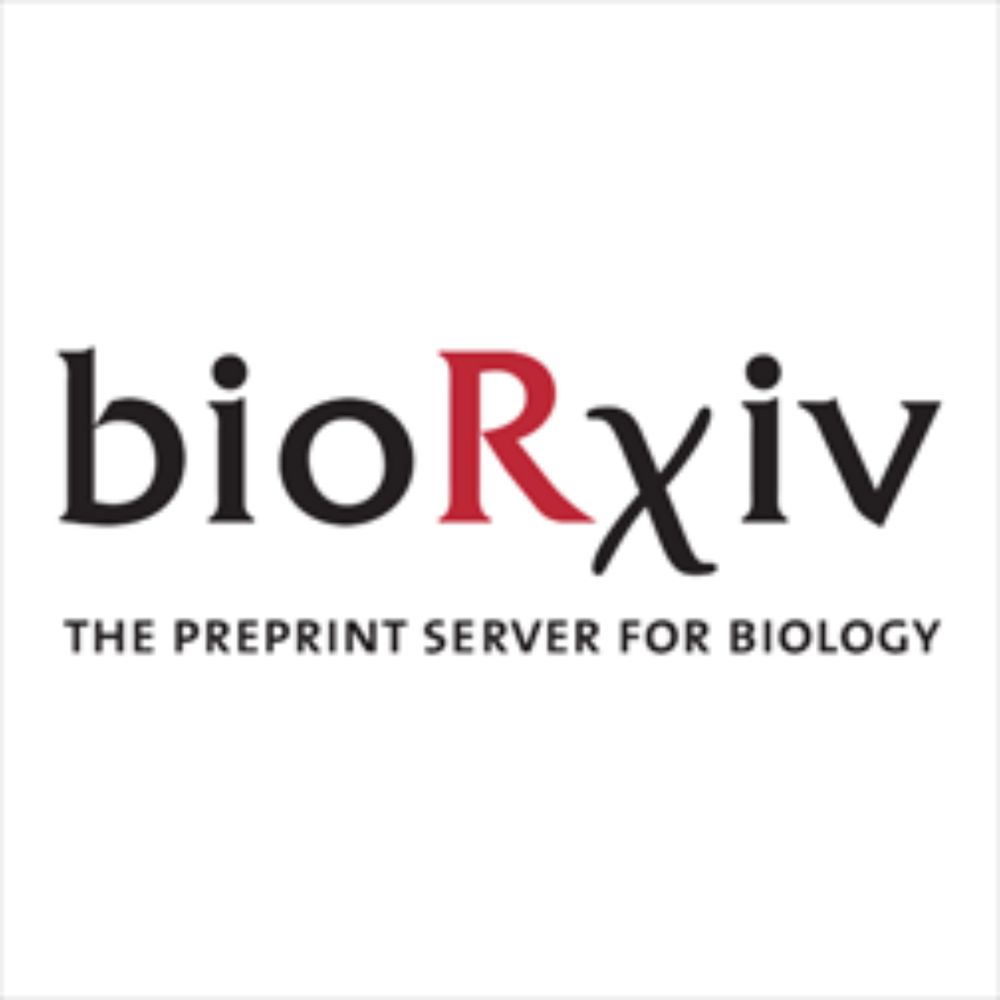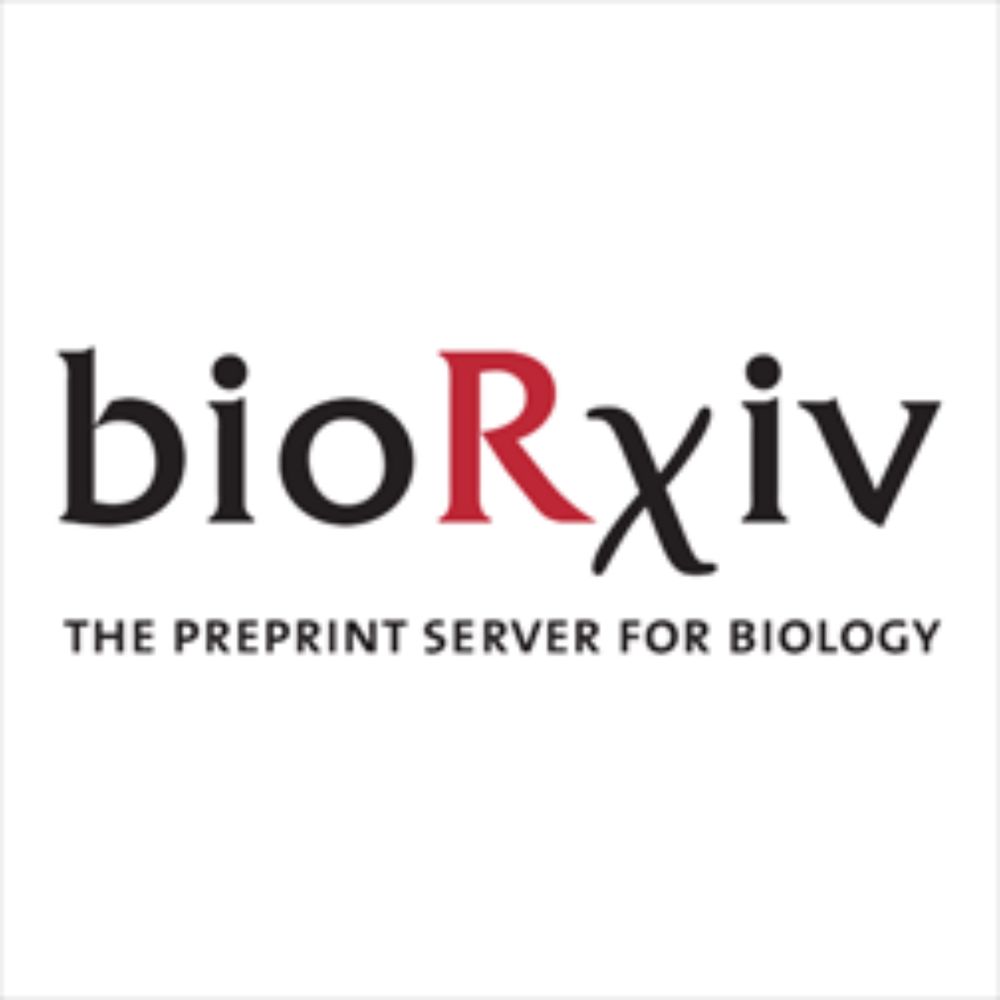The position is funded as part of the Excellence Cluster "The Adaptive Mind" at @jlugiessen.bsky.social.
Please apply here until Nov 25:
www.uni-giessen.de/de/ueber-uns...

The position is funded as part of the Excellence Cluster "The Adaptive Mind" at @jlugiessen.bsky.social.
Please apply here until Nov 25:
www.uni-giessen.de/de/ueber-uns...
www.nature.com/articles/s41...

www.nature.com/articles/s41...
🚨 New preprint! 🚨
Excited and proud (& a little nervous 😅) to share our latest work on the importance of #theta-timescale spiking during #locomotion in #learning. If you care about how organisms learn, buckle up. 🧵👇
📄 www.biorxiv.org/content/10.1...
💻 code + data 🔗 below 🤩
#neuroskyence
🚨 New preprint! 🚨
Excited and proud (& a little nervous 😅) to share our latest work on the importance of #theta-timescale spiking during #locomotion in #learning. If you care about how organisms learn, buckle up. 🧵👇
📄 www.biorxiv.org/content/10.1...
💻 code + data 🔗 below 🤩
#neuroskyence
www.nature.com/articles/s41...
#neuroscience #neuroskyence

www.nature.com/articles/s41...
#neuroscience #neuroskyence

psycnet.apa.org/fulltext/202...

psycnet.apa.org/fulltext/202...
Functional gradients are recapitulated within each hippocampal subfield, supporting a role for both discrete & continuously changing computations.
Neat work by Bouffard, @barense.bsky.social, & Moscovitch!

Functional gradients are recapitulated within each hippocampal subfield, supporting a role for both discrete & continuously changing computations.
Neat work by Bouffard, @barense.bsky.social, & Moscovitch!
We provide evidence that gaze reinstatement & neural reactivation are deeply related phenomena that jointly reflect the experiences constructed during recall. doi.org/10.1038/s414...
🧵1/9

We provide evidence that gaze reinstatement & neural reactivation are deeply related phenomena that jointly reflect the experiences constructed during recall. doi.org/10.1038/s414...
🧵1/9
I'm incredibly grateful to the program officers & reviewers for their dedication and efforts to keep science going 🌟👏🏼
So, I'll be hiring! Looking for a postdoc to study competition in memory-guided attention. See flyer for details! 🎉
![[Aly Lab Logo: schematic of brain in shades of blue with two cut-out seahorses facing each other]. Postdoctoral Position in the Aly Lab at UC Berkeley. We are recruiting a postdoctoral scholar to work on NSF-funded research examining competition and cooperation in memory-guided attention. The position will be supervised by Dr. Mariam Aly (https://www.alylab.org/) in the Department of Psychology at UC Berkeley. Candidates should have a PhD in Psychology, Neuroscience, Cognitive Science, or a related field, and expertise in studies of behavior as well as neuroimaging and/or eye tracking. This is a two-year position with a flexible start date. More details here: https://tinyurl.com/alylabpostdoc](https://cdn.bsky.app/img/feed_thumbnail/plain/did:plc:qyyyb45vdwvzmg5nppheyus3/bafkreiflybsnnzenqx3wk3somkmoo2vkjk3ljmlorujtweunhqucjxzoa4@jpeg)
I'm incredibly grateful to the program officers & reviewers for their dedication and efforts to keep science going 🌟👏🏼
So, I'll be hiring! Looking for a postdoc to study competition in memory-guided attention. See flyer for details! 🎉
#compneuro #neuroskyence
www.pnas.org/doi/10.1073/...

#compneuro #neuroskyence
www.pnas.org/doi/10.1073/...
New paper led by @shenyanghuang.bsky.social!
academic.oup.com/cercor/artic...
Older adults' memory benefits from richer semantic contexts. We found connectivity patterns supporting this semantic scaffolding.



New paper led by @shenyanghuang.bsky.social!
academic.oup.com/cercor/artic...
Older adults' memory benefits from richer semantic contexts. We found connectivity patterns supporting this semantic scaffolding.
Decoding memory function through naturalistic gaze patterns | PNAS share.google/vuOSbiRk9nBH...

Decoding memory function through naturalistic gaze patterns | PNAS share.google/vuOSbiRk9nBH...
Help me grow a new lab at in IU Bloomington! We're seeking brilliant young scientists interested in memory representations, neuromodulation & aging.
Coordinator: bit.ly/3Hu3UzT
Postdoc: bit.ly/4oBZF6j
Accepting GS apps in the Fall!

Help me grow a new lab at in IU Bloomington! We're seeking brilliant young scientists interested in memory representations, neuromodulation & aging.
Coordinator: bit.ly/3Hu3UzT
Postdoc: bit.ly/4oBZF6j
Accepting GS apps in the Fall!
Targeting intracranial electrical stimulation (ES) to network regions defined within individuals causes network-level effects
By Cyr et al.
***
Q: Can we use individualized network maps from precision fMRI to modulate a targeted network via intracranial ES?
A: Yes!
🧵:

Targeting intracranial electrical stimulation (ES) to network regions defined within individuals causes network-level effects
By Cyr et al.
***
Q: Can we use individualized network maps from precision fMRI to modulate a targeted network via intracranial ES?
A: Yes!
🧵:
Excited to share our latest work on alpha/beta activity, eye movements, and memory.
Across 4 experiments combining scalp EEG/iEEG with eye tracking, we show that alpha/beta activity directly reflects eye movements, and only indirectly relates to memory.
👇 Highlights (1/7):
Excited to share our latest work on alpha/beta activity, eye movements, and memory.
Across 4 experiments combining scalp EEG/iEEG with eye tracking, we show that alpha/beta activity directly reflects eye movements, and only indirectly relates to memory.
👇 Highlights (1/7):
cnoir.bsd.uchicago.edu/join/

cnoir.bsd.uchicago.edu/join/
🧠 Using human iEEG + pharmacology, we asked: is hippocampal theta required for retrieval?
Turns out it’s not. Instead, it may reflect a reinstated encoding mode.
Thread below.
www.biorxiv.org/content/10.1...

🧠 Using human iEEG + pharmacology, we asked: is hippocampal theta required for retrieval?
Turns out it’s not. Instead, it may reflect a reinstated encoding mode.
Thread below.
www.biorxiv.org/content/10.1...

www.biorxiv.org/content/10.1...
🧠👩🏻🔬🧪🧵
#neuroskyence
1/

www.biorxiv.org/content/10.1...
🧠👩🏻🔬🧪🧵
#neuroskyence
1/
🧵
I had the honour of writing a @currentbiology.bsky.social Dispatch in which I discuss exciting new findings from @philippbuchel.bsky.social, Klingspohr, Kehl & Staresina (2024).
Read the Dispatch here:
doi.org/10.1016/j.cu...
1/3
🧵
I had the honour of writing a @currentbiology.bsky.social Dispatch in which I discuss exciting new findings from @philippbuchel.bsky.social, Klingspohr, Kehl & Staresina (2024).
Read the Dispatch here:
doi.org/10.1016/j.cu...
1/3
www.cell.com/current-biol...

www.cell.com/current-biol...

